At the age of 4, Y Pan became an orphan. During her childhood, she was raised by a revolutionary unit. Growing up, Y Pan learned to read and write, then joined the revolution, was admitted to the Party and served the revolutionary ideals until now, when she is over 90 years old...
The Brau are one of the smallest ethnic groups in Vietnam, living mainly in Dak Me village, Po Y commune (Ngoc Hoi district, Kon Tum ). Few people expect that the leader of this ethnic group is a woman. That is the female leader Y Pan.

Ms. Y Pan was born in 1930, the year the Communist Party of Vietnam was founded. Perhaps thanks to the light of that historical event, her life was closely linked to the revolution, she wholeheartedly followed the Party and became an exemplary Party member, a leader, a leading bird of the Brau people in Kon Tum.
This year, 93 years old, old Y Pan lives alone in a small house in the middle of Dak Me village. Although still healthy, the flow of time has made her ears unable to hear clearly.
"Speak louder, I can't hear you. Old age is a disease. Yesterday I almost had to lie down. It was so hot and I had high blood pressure. Luckily, some border guards came to my house and brought me some medicine," old man Y Pan said as if explaining.

Village elder Y Pan told the writer about the days of mobilizing people to learn to read and write.
According to her story, Y Pan became an orphan at the age of 4. At that time, she was raised by a revolutionary unit. When she grew up, Y Pan learned to read and write, then joined the revolution and was admitted to the Party. Seeing that she was intelligent, the organization sent her to the North to study "Uncle Ho's writing". Thanks to that, she became the first person of the Brau ethnic group to be literate. In 1957, as assigned by the organization, she followed a group of cadres to the North.
"In those days, the war was fierce. The whole group crossed the forest and crossed the waterfalls from one military station to the next, then stopped to rest. When the situation was better, they continued their journey," Ms. Y Pan recalled.
The trip lasted nearly a year before Ms. Y Pan arrived in Phu Tho. She was then transferred to Cao Bang to study medicine. After 9 months of study, she was retained to work at the 108 Military Central Hospital.
In 1974, at the age of 44, in response to the urgent call of her homeland, Ms. Y Pan asked to return to serve in the Central Highlands campaign. During those days of war, Ms. Y Pan became a female military medic, treating hundreds of wounded soldiers participating in the campaign.
Thanks to her contributions, Ms. Y Pan was awarded the First Class Resistance Medal by the Council of Ministers. In 1975, when the country was unified, she applied to work at her home district hospital to serve her homeland.
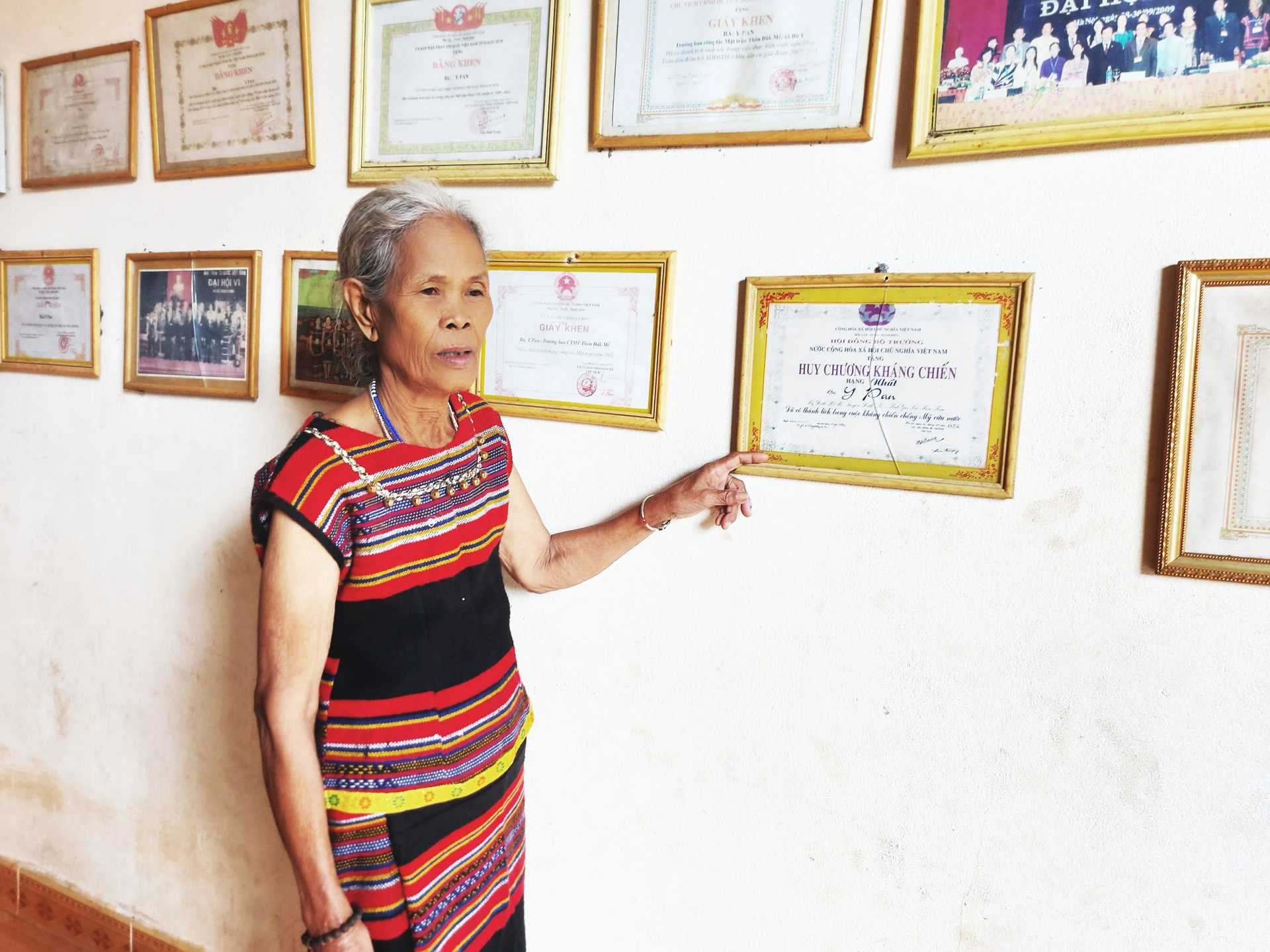
Village elder Y Pan's grandson is now a soldier.
At that time, the Dak To and Ngoc Hoi areas (Kon Tum) were all green forests and deep mountains. The war had ended, but the threat of bombs and mines was still there. When people went to the forest to work on their fields, they often picked up bombs and ammunition. Some sawed them to get explosives, others picked up artillery shells to sell as scrap. Then the tragic explosions occasionally rang out, haunting the entire mountainous area.
Although she had been through the war and witnessed the bloodshed, she could not help but feel sad when she saw her people suffering the consequences of bombs and mines. In her free time, Ms. Y Pan often went to villages to educate people about the consequences of bombs and mines. She advised villagers to stay away from them whenever they saw them. The sound of bombs gradually decreased in the fields.
In 1990, Ms. Y Pan retired and moved to Dak Me village, where she was born. Although she had retired, she was still trusted by the local government to hold the following positions: Chairwoman of the Fatherland Front of Po Y commune, Chairwoman of the Women's Union of Po Y commune... She was also elected as a member of the Central Committee of the Vietnam Fatherland Front.
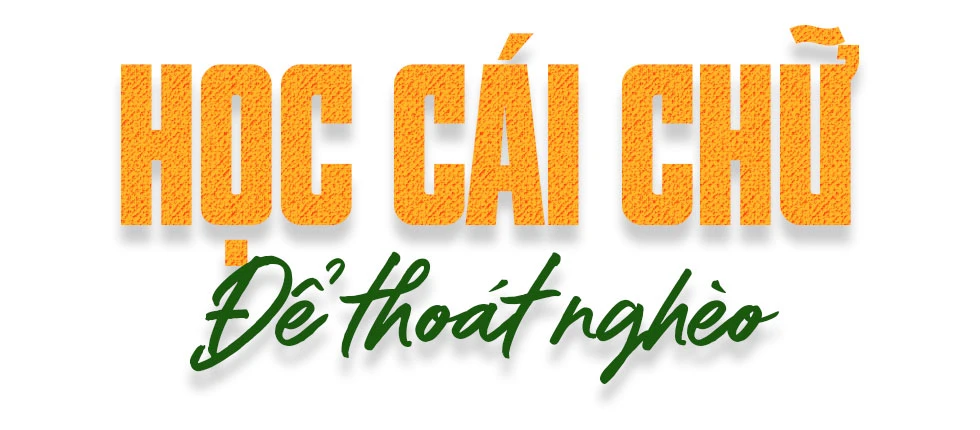
Returning to her homeland, witnessing the people surrounded by poverty and bad customs, Mrs. Y Pan was constantly tormented. She said that at that time, the Brau people lived along the border at the Indochina junction. Due to the lack of conditions, most of them were illiterate. The people still practiced backward farming, growing rice, cassava, or hunting and gathering.
"Not knowing how to read or write, not knowing how to take care of crops, the villagers are always poor. The children follow their parents into the forest to live, refusing to go to class or school. Feeling sorry for the villagers, I went to each house to persuade them to send their children to school," said Ms. Y Pan.
However, it is not easy to change the perception of the villagers in a day or two. They think that if their children go to school, their families will lack people to help with odd jobs. And for the children, the letters at school are not as interesting as the fish in the stream, the birds in the forest. Letters also do not make the villagers full immediately. Therefore, Ms. Y Pan's journey to encourage her children to go to school always encounters difficulties and obstacles.
But not giving up, Ms. Y Pan still persistently continued to coordinate with the Party Committee and the government to actively campaign day and night. She used her "heartfelt" words to convince the villagers. The rain soaked in slowly, and finally the people's awareness changed. When the children went to school instead of going to the forest or the fields, Ms. Y Pan knew that she had succeeded. Up to now, the Brau ethnic group has had dozens of people passing university and college entrance exams and working in local industries.
When literacy had reached every person and every house in the village, village elder Y Pan continued to work with the local government to propagate the Party’s policies and guidelines. At the same time, she also guided the people to apply science and technology in production to eliminate hunger and poverty.
During the renovation period, the villagers' lives were still full of difficulties. With the idea that having many children meant having much wealth, every family had at least 4 children, and many had 5-7 children. Meanwhile, because of their backward thinking, the villagers were only used to growing crops that filled their stomachs. The land became increasingly barren, causing rice and corn grains to become scarcer and scarcer. Poverty and hunger became closer and closer.
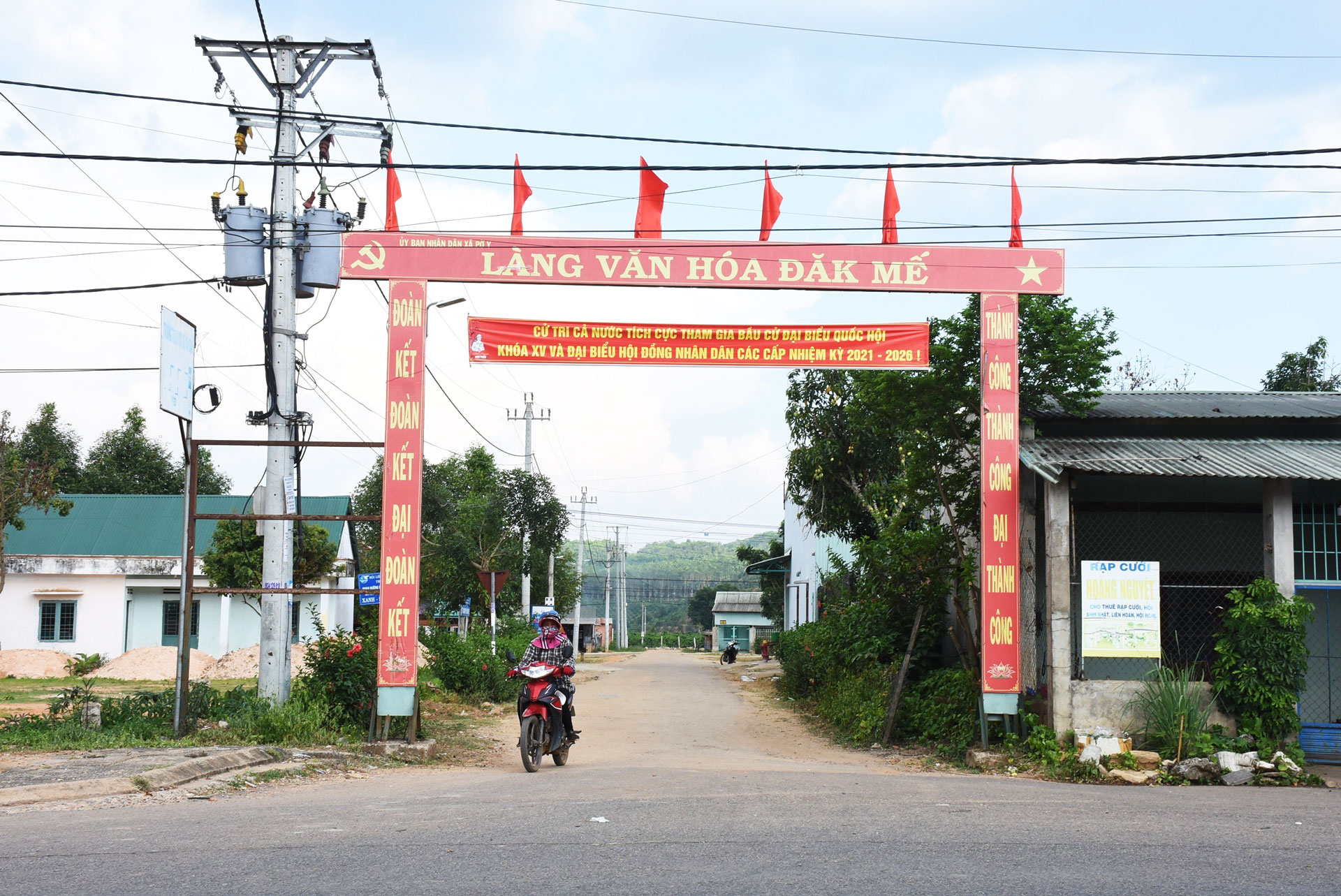
Dak Me village of the Brau people
Seeing the people suffering, Mrs. Y Pan on one hand called on people to have a family plan to improve the economy. She thought that only when having a family plan, life would be less difficult, with fewer mouths to feed, the stomach would not worry about hunger. On the other hand, she went to the commune officials to ask about high-yield plant varieties, suitable for the soil, that could replace rice and cassava. At this time, the commune officials also continuously launched the model of growing coffee and rubber on small farms. So Mrs. Y Pan went around the village to call progressive young people to come to the commune to learn coffee and rubber growing techniques. From here, the economy of many households in the village gradually improved.
When the Kon Tum Provincial Ethnic Committee opened a brocade weaving class, she also encouraged women in the village to actively study to preserve indigenous culture and have an additional job to increase family income. Ms. Y Pan also propagated the harmful effects of incestuous marriage and early marriage on the lives of the Brau people; encouraged people to practice a civilized and united lifestyle and actively build a new economy.
Thanks to her contributions, she was elected by the people as village elder, something considered rare among the Brau ethnic group.

Thanks to the guidance of village elder Y Pan, Dak Me village has become more prosperous and has many improvements.

In 2000, the evil wind of Ha Mon cult appeared in Dak Ha district (Kon Tum) and then spread to Gia Lai and Dak Lak provinces. To prevent the spread of the evil cult, Ms. Y Pan coordinated with the Party committee and the government to encourage people to stay away from the instigation of bad people and always comply with the policies and guidelines of the Party and State.
With her prestige, Mrs. Y Pan continuously held meetings with the people to propagate and mobilize. At that time, the communal house was lit up almost every night. After the meetings, Mrs. Y Pan went to each house to talk to each family about the evil and toxicity of the evil religion. Thanks to that, the entire Brau ethnic group did not have anyone who believed in and followed the evil religion.
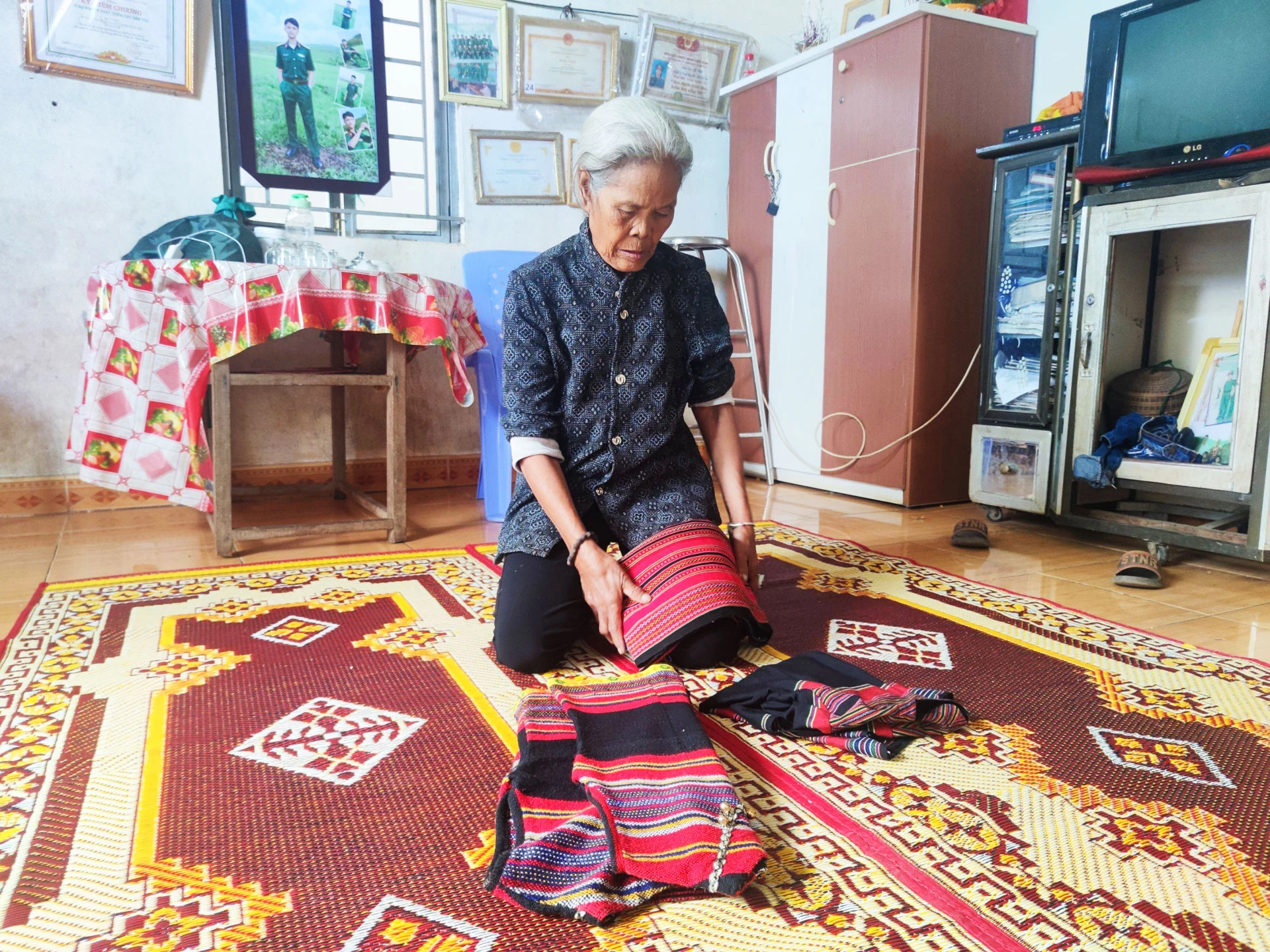
Ms. Y Pan encourages women in the village to actively learn brocade weaving to preserve indigenous culture.
Most recently, in mid-June 2023, when the terrorist attack occurred in Dak Lak, despite his advanced age, old man Y Pan still actively propagated and mobilized villagers to always raise their vigilance; comply with the Party's policies and the State's laws; and not listen to the plots and instigation of hostile forces.
Mrs. Y Pan always advised the villagers: "People need to be vigilant against the tricks of bad people to disrupt social order; work hard, focus on developing the family economy, build a strong and united Brau community and contribute to building an increasingly prosperous homeland. Only then will our children and grandchildren be happy, have good food and beautiful clothes."
The heartfelt and correct words of village elder Y Pan have helped the Brau people to always be vigilant against bad guys, focus on developing the family economy and contribute their best to keeping peace for the village in particular and the Central Highlands in general.
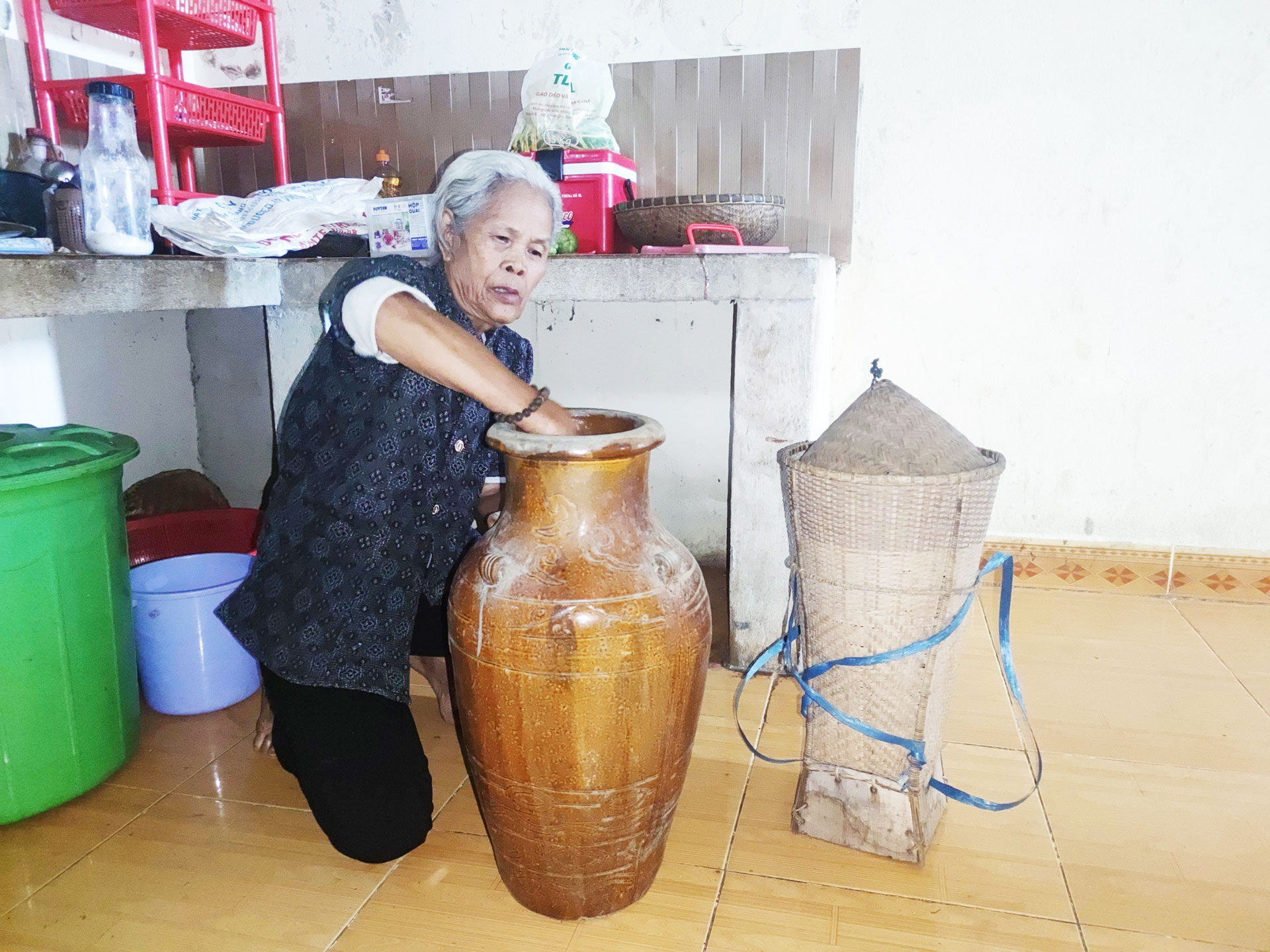
Village elder Y Pan personally brews jar wine to preserve the cultural identity of her people.

Ms. Vu Thi Thu Ha, Vice Chairwoman of the People's Committee of Po Y commune, said that the Brau ethnic group is one of the two smallest ethnic groups in Vietnam. This ethnic group has only 173 households with 558 people. The whole Dak Me village has 287 households (of which the Brau have 173 households), of which only 10 are poor, 13 are near-poor, and the rest are well-off households.
"Mrs. Y Pan is the leader of the Brau people. As a party member, village elder, and prestigious person, Ms. Y Pan has made many contributions to the work of mobilizing and propagating people to comply with the policies and guidelines of the Party and the State. In particular, Ms. Y Pan's work, dedication, exemplary behavior, and dedication have become a shining example for the villagers to follow, always believing in the leadership of the Party," said Ms. Ha.

Village elder Y Pan often coordinates with border guards to propagate the law to villagers.
Mr. Dinh Cao Cuong, Secretary of Ngoc Hoi District Party Committee, shared that in recent times, the Standing Committee and the Standing Committee of Ngoc Hoi District Party Committee have focused on and strengthened leadership and direction in building a movement for the entire people to protect national security, especially at the grassroots level in the district.
Through this, many individuals and units with good, creative and effective models have emerged in the movement of the whole people to protect national security. The most prominent is Ms. Y Pan, village elder of Dak Me village, who has made many contributions to the work of propagating and mobilizing people to strictly comply with the Party's policies and guidelines and the State's laws and policies.
Not only that, Ms. Y Pan also helped villagers master the rules and regulations for protecting security and order; be vigilant against the tricks of hostile forces and all kinds of crimes. From there, villagers have raised their awareness of proactive protection, voluntarily fighting against all kinds of crimes and social evils; not allowing bad guys to incite or entice them into committing illegal acts.
"To achieve this result, Ms. Y Pan has promoted the role, responsibility, and exemplary leadership of a cadre and party member; promoted the spirit of solidarity, mutual love, and mutual assistance in the residential community in Dak Me village; thereby mobilizing the strength of the people to participate in building a secure and safe village," Mr. Cuong added.

Source link


![[Photo] Pink ball and table tennis](https://vphoto.vietnam.vn/thumb/1200x675/vietnam/resource/IMAGE/2025/5/26/d9f770bdfda243eca9806ea3d42ab69b)















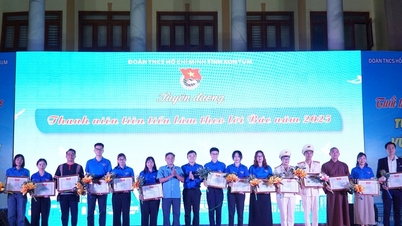


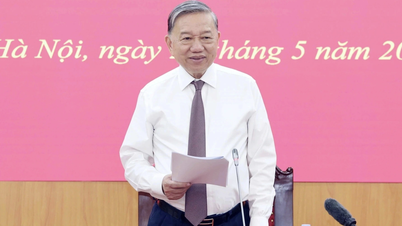
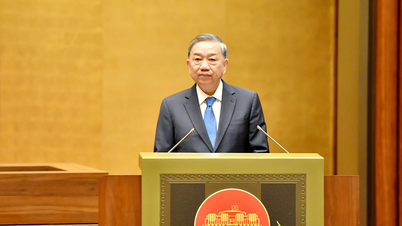

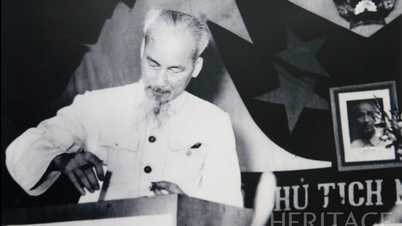
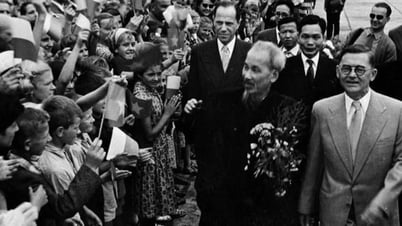







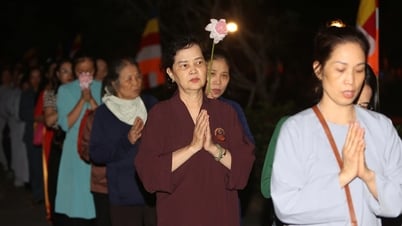

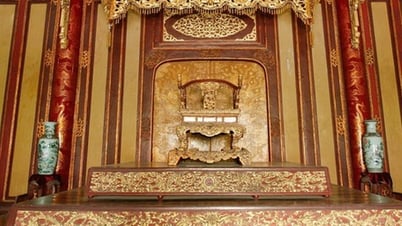

![[Photo] Official welcoming ceremony for French President Emmanuel Macron and his wife on a state visit to Vietnam](https://vphoto.vietnam.vn/thumb/1200x675/vietnam/resource/IMAGE/2025/5/26/a830702ef72f455e8161b199fcefc24d)

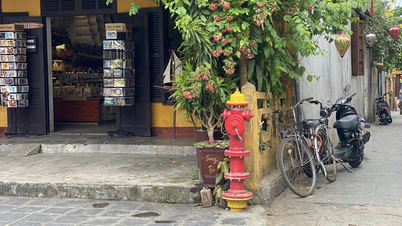

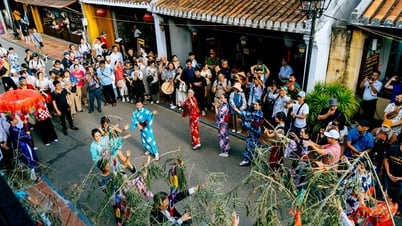





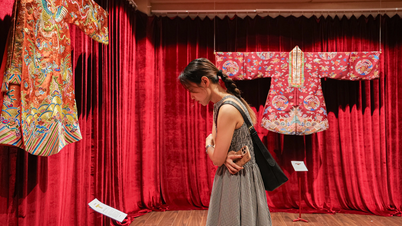


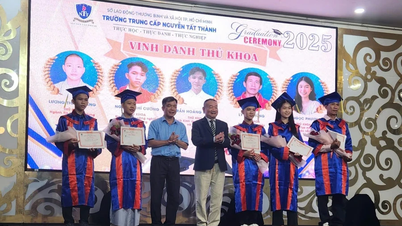


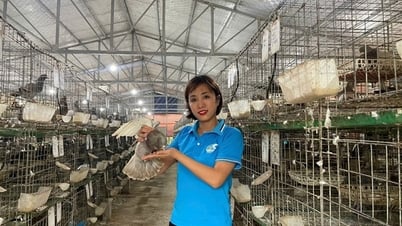















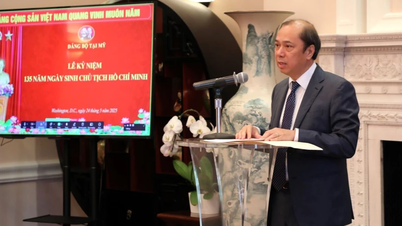
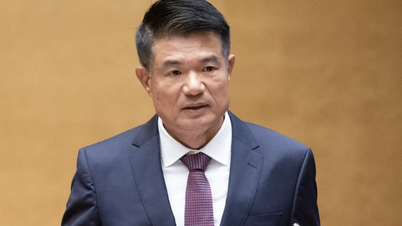
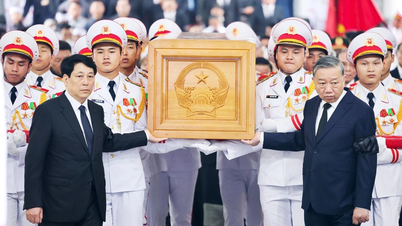
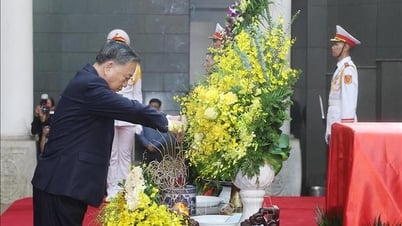




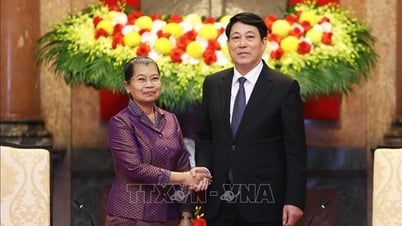
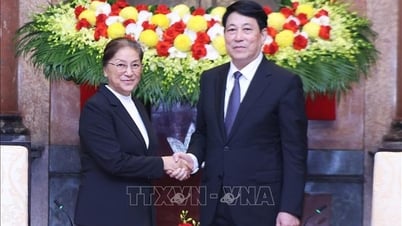

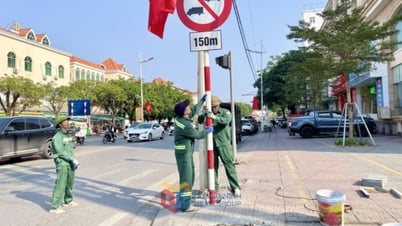
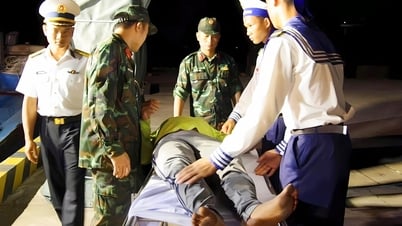

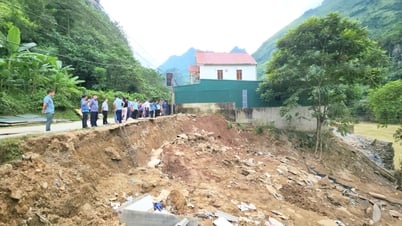

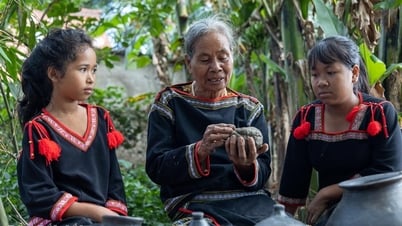

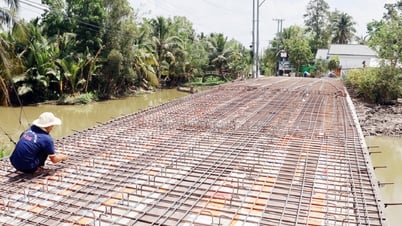




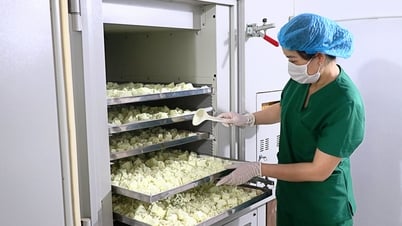

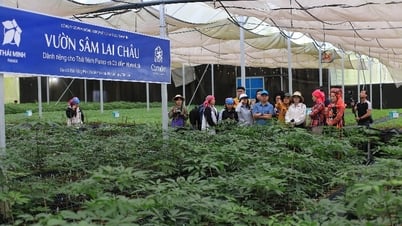



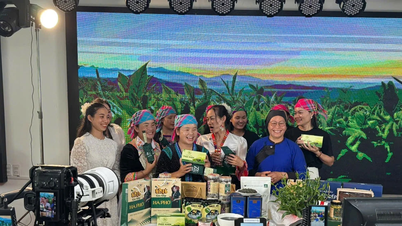



Comment (0)